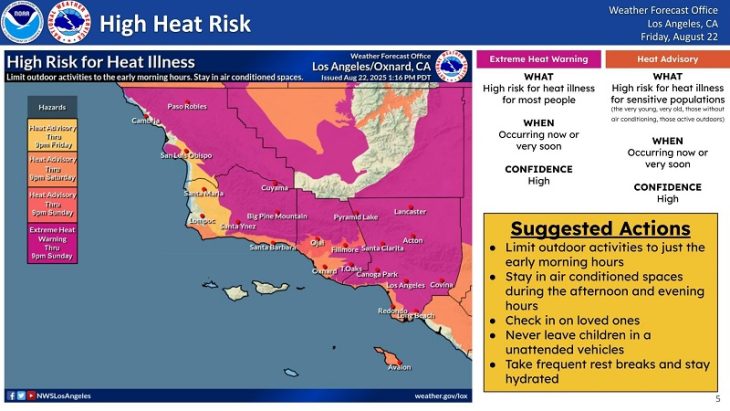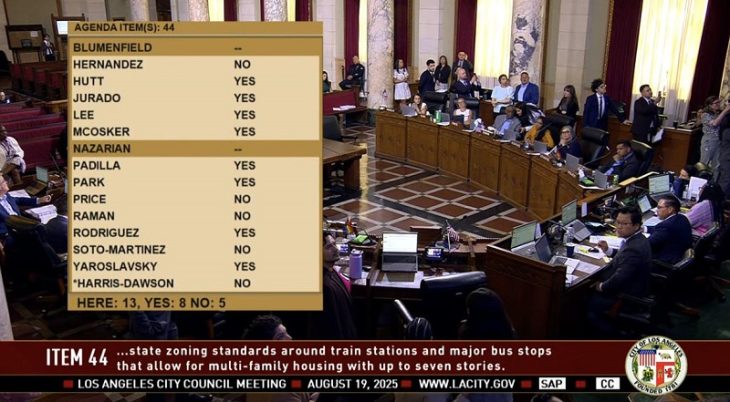Spring offers the promise of warmer temperatures, but with spring cleaning, tax season and other responsibilities, it is also a season for planning.
One inevitable life milestone that requires organization, consideration and planning but often gets overlooked is the end of life, both for one’s self and loved ones. It is important to have conversations with loved ones, sooner rather than later, to learn about family history, reaffirm how much they mean to you and gain an understanding of how family members want to be memorialized.
To help families have important conversations about the things that matter and how a person’s life story can be meaningfully remembered and honored, the Funeral and Memorial Information Council (FAMIC) created the “Have the Talk of a Lifetime” initiative, which offers families the resources to facilitate these conversations that can be cherished for years to come.
While you are in a groove of filling out paperwork during tax season, take time to fill out FAMIC’s checklist, which can be a resource for things to consider when pre-planning a funeral and to help facilitate conversations with loved ones. It offers questions such as:
- Where would you like your service to be held?
- Will there be a ceremony? If so, religious or non-religious?
- How would you like to be remembered?
- Do you have a specific charity you would like to honor?
By answering these questions and more, families can create a log of loved ones’ preferences for how they want to be memorialized. Completing the checklist can take place anytime, not just when a family member is nearing the end of life. Answering these questions can also prompt larger conversations about defining experiences and relationships in a loved one’s life.
Take notes and record your responses as you go through the checklist. Save the checklist in a safe place for when it is needed and to share with future generations. To take your conversations one step further, meet with a local, trusted funeral professional and share those thoughts and ideas with someone who can help you put a plan in place that eases the burden on your loved ones.
Regardless of when it becomes necessary to refer to the preferences and memories recorded in the checklist, you can be grateful you took the time to have meaningful conversations with those most important to you.
For more information and to download the checklist, visit talkofalifetime.org.

























